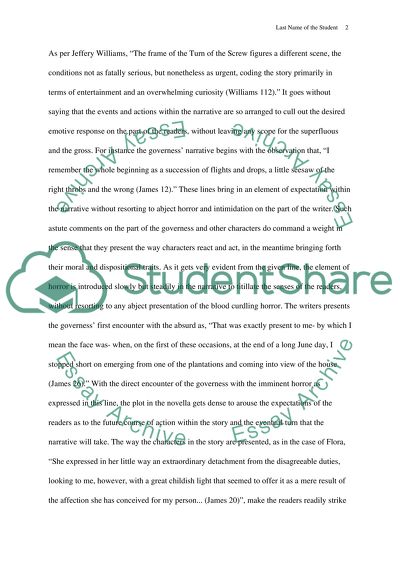Cite this document
(“Literary analysis on The turn of the screw by Henry James Essay”, n.d.)
Retrieved from https://studentshare.org/english/1494383-literary-analysis-on-the-turn-of-the-screw-by
Retrieved from https://studentshare.org/english/1494383-literary-analysis-on-the-turn-of-the-screw-by
(Literary Analysis on The Turn of the Screw by Henry James Essay)
https://studentshare.org/english/1494383-literary-analysis-on-the-turn-of-the-screw-by.
https://studentshare.org/english/1494383-literary-analysis-on-the-turn-of-the-screw-by.
“Literary Analysis on The Turn of the Screw by Henry James Essay”, n.d. https://studentshare.org/english/1494383-literary-analysis-on-the-turn-of-the-screw-by.


